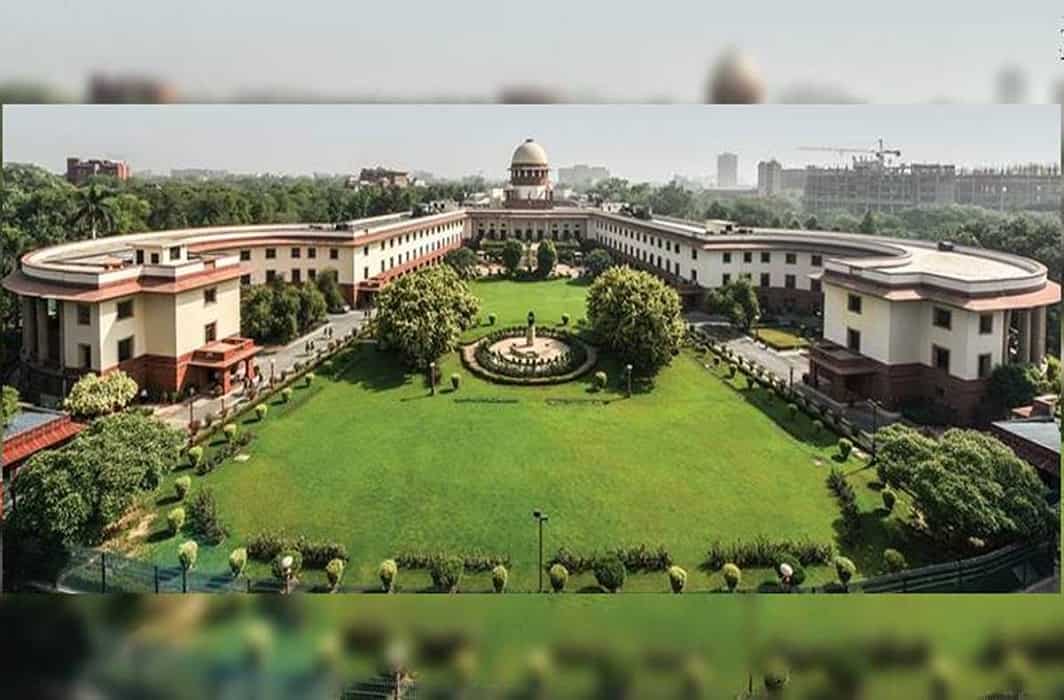
The Supreme Court issued a ruling on Tuesday stating that government employees are entitled to receive an annual increment, even if they retire the day after earning it. Justices M.R. Shah and C.T. Ravikumar affirmed the Karnataka High Court’s decision in the matter and dismissed the appeal of the Karnataka Power Transmission Corporation Ltd (KPTCL), which is owned by the state government.
The High Court had directed the KPTCL to grant one annual increment to the original writ petitioners for their last day of service for their preceding year of service with good behavior and efficiency. The bench further explained that an employee’s entitlement to an increment becomes crystallized when they complete the required length of service with good conduct, and it becomes payable the next day.
The court emphasized that the word “accrue” should be interpreted liberally in the current scenario, and it should be understood as payable on the next day. The bench warned that any alternative interpretation would be arbitrary and unreasonable and would unjustly deprive a government employee of their legitimate annual increment, even if they have served for a year with good behavior and efficiency. Therefore, the court advised avoiding such a narrow interpretation.
The Supreme Court dismissed the argument presented by the Karnataka Power Transmission Corporation Ltd (KPTCL) that annual increments are given to employees as an incentive to encourage good performance, and therefore, there is no entitlement to it once the employee has retired. The court examined Regulation 40(1) of the Karnataka Electricity Board Employees Service Regulations, 1997 and the purpose of granting annual increments. The court pointed out that even if an employee earns an increment three days before their superannuation date, the increment is accrued on the following day.
It is crucial to note that the increment is earned for the service rendered in the past year on a time scale. Therefore, the court dismissed the KPTCL’s argument. The bench stated that once a government servant has rendered service for a specific period with good conduct on a time scale, he is entitled to the annual increment, and it can be inferred that he has earned it for rendering the specified period of service with good conduct. Therefore, he is entitled to the benefit of the annual increment on serving for a specified period of one year with good conduct efficiently.
The court questioned how a government servant could be denied the annual increment earned and entitled to him for rendering service with good conduct and efficiency in the previous year, merely because he retired the next day. Although a single judge bench of the high court had initially ruled in favour of KPTCL, the decision was later overturned by the high court’s division bench.
Synced From Sources
What is Employees Increment?
Annual Increment refers to an increase in salary that an employee receives annually, based on their performance and length of service. The purpose of annual increments is to reward employees for their continued service and encourage them to perform well. The increment amount varies based on the organization’s policies and the employee’s performance. Typically, annual increments are granted to employees who have completed a specified period of service with good conduct and efficiency. The increment amount is added to the employee’s base salary and is usually permanent unless there is a change in the employee’s job position or salary structure.
For breaking news and live news updates, like us on Facebook fb.com/thevoiceofsikkim or follow us on Twitter twitter.com/thevoicesikkim and Instagram instagram.com/thevoiceofsikkim. Visit www.voiceofsikkim.com.







